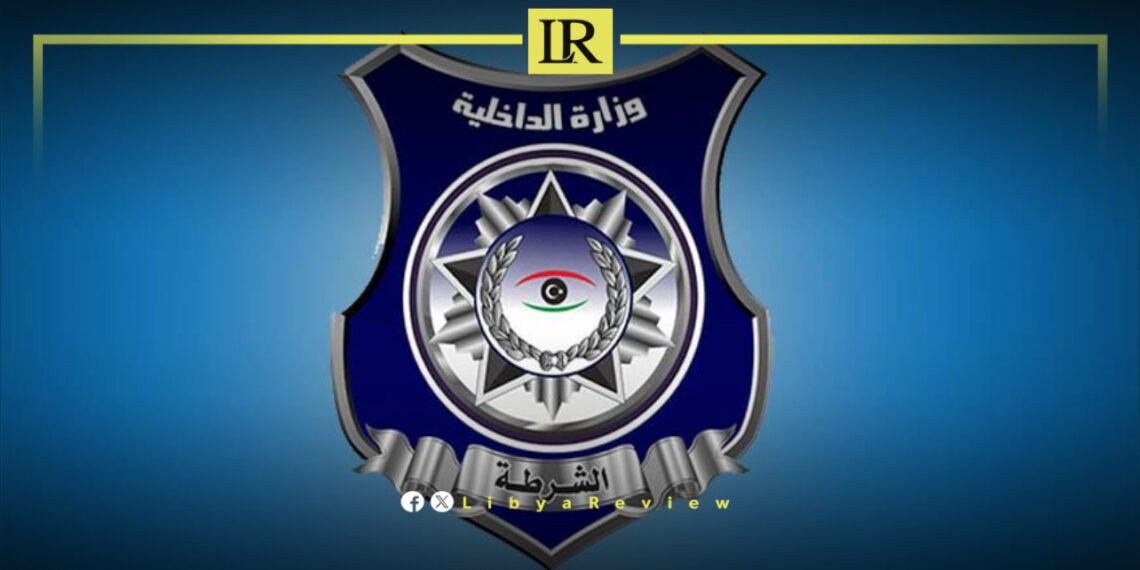On Saturday, Libyan authorities announced that they have successfully freed two Egyptian women and two girls who were kidnapped in Tripoli.
The incident involved a violent attack and a ransom demand, but it ended with the swift intervention of the police.
The ordeal began when a driver reported the situation to the Bab Al-Bahr Police Station in Tripoli. He revealed that the kidnappers had demanded a ransom of 5,000 Libyan dinars to release the victims. They even allowed the women to call their mother in Egypt, instructing her to deliver the money to Bourguiba Mosque Square in Tripoli. A woman, acting as a middleman for the gang, was designated to collect the cash.
Libyan police quickly devised a plan to intercept the criminals. Officers set up an ambush at the handover location, arresting the female suspect when she arrived in a blue Hyundai Azera. The vehicle’s owner was also detained. After further investigation, the rest of the gang members were apprehended, ensuring the safety of the victims.
The women shared the details of their abduction, stating that they were attacked by a group of young men while at a café in Tripoli’s Hay Al-Andalus neighborhood. The gang, traveling in two Hyundai vehicles, assaulted and robbed them before taking them hostage.
This case shines a spotlight on the persistent challenges of crime and insecurity in Libya, a nation still grappling with the effects of years of conflict and instability. Criminal networks often exploit the country’s weak governance, targeting both Libyan citizens and foreigners, particularly migrants. Women and children are especially vulnerable, frequently falling prey to kidnappings, trafficking, and other violent crimes.
The successful operation by the Tripoli Security Directorate has been praised as a notable achievement in a country where law enforcement often faces significant obstacles. While this rescue mission is a positive example of effective police work, it also highlights the urgent need for broader reforms to improve security and protect vulnerable groups in Libya.
This incident serves as both a reminder of the risks faced by migrants in Libya and a call to action for local and international stakeholders to address the root causes of crime and lawlessness in the country.


